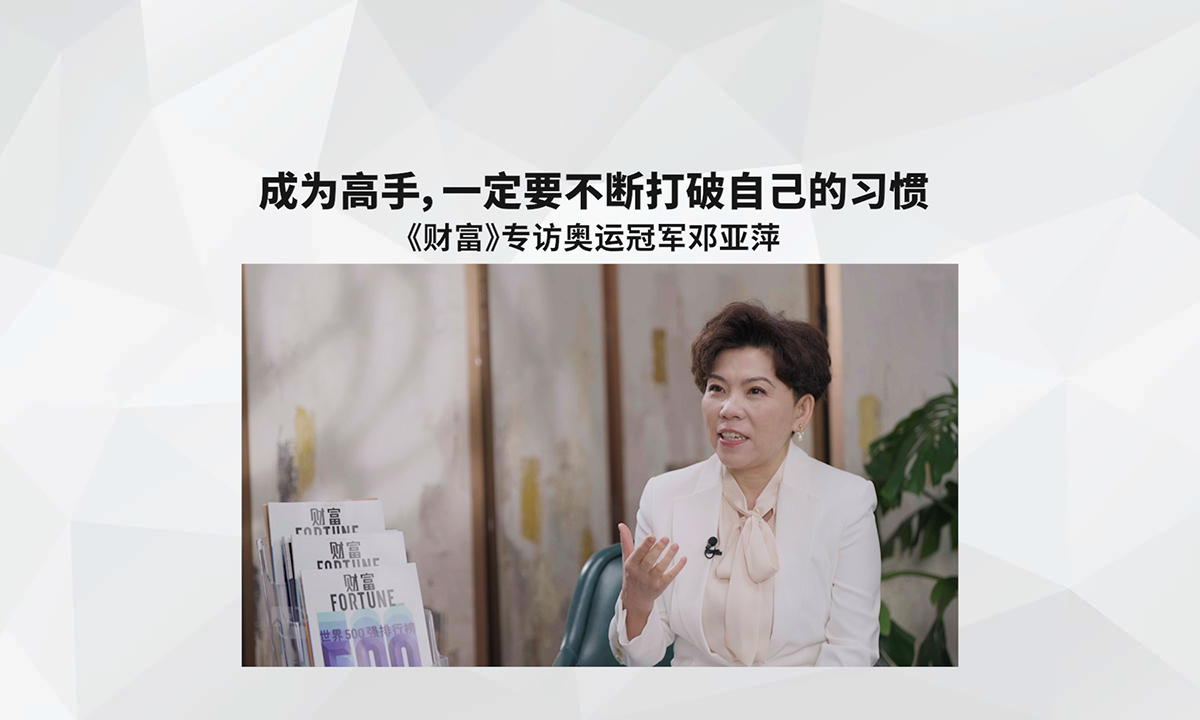女性如何跨越“信心鸿沟”
|
再有就是我们观察周围事物的方式。女性往往比男性注意到更多东西。在《女性视野:职场女性的真实权力》(The Female Vision: Women's Real Power at Work)一书中,莎莉•赫尔格森和朱莉•约翰逊注意到,女性具有“广谱察觉”。我们可以察觉与会者对一个观点的情绪反应,以此衡量她获得的支持度。但这也意味着,女性更容易被一位并不认同自己观点的人击溃,而男性往往察觉不到、或者根本就不关心别人的看法。女性是取悦者,多面手。这可能是一个有损自信心的劣势。
应对这两种状况的处方是,尝试着冻结自己的皱眉纹,无视那个正在皱眉头的家伙,全身心地专注于反应积极的人和你自身的目的。一项刊登在《哈佛商业评论》(Harvard Business Review)的研究发现,只有当女性不仅仅看重自身形象,而且还专注于自己的目的时,她们才有望提升自己的高管风范。
大胆发言,但要避免声音尖利
女性拥有更加宽广的音域,紧张时调门往往会变高。研究显示,低音听起来更加自信。毕竟,多年来被奉为楷模的领导者大多是男性。解决之道是,给自己录音,练习自己正常音域的低音部分。英国前首相撒切尔夫人就曾经使用过这种方法,效果极佳,它对你也同样奏效。
沉默不是金,不要说太多的客套话
每当开会的时候,女性往往欲言又止。就像我的培训会上那位金融服务公司女雇员一样,她们担心自己还没有掌握全部事实。最近,我指导了一位刚加入一家新公司的高管级女士。她承认,自己以前在高管会议一直默不作声,因为她想等到掌握更多信息之后再直抒胸臆。这种状况已经持续了两个月。我认为她过于谨慎,谦虚过度。她毕竟在另一家大公司工作过多年,拥有丰富的相关经验。我说,提醒他们注意这一点,伺机插话。最后,她做到了。
另一个问题是,一旦女性终于开口发言,她们就有可能絮絮叨叨地说太多的客套话——“我觉得,我知道在座诸位的意见比我的看法更有价值。”开门见山,当仁不让。或者遵循《信心代码》的结论:敢于冒更多的风险,不要那么在意你的看法能不能讨好别人,是否尽善尽美。
但在这场艰苦的战斗有可能让女性高管失望连连之前,我建议我们重新思考上述挑战:
• 取悦者 • 完美主义者 • 广谱警觉 • 小心谨慎,厌恶风险 • 谦虚
现在,所有这些倾向也有可能成为美国企业非常欠缺、但极具积极意义的品质。《女性视野》的作者认为,绩效评估需要更多地接受并奖励这些传统的女性优点。总结一下,解决女性自信危机需要着眼于两个方面:女性需要向前一步(lean in),企业需要重新修订绩效评估标准,需要更加珍视“半边天”与生俱来的品质。要知道,这些品质恰恰是这个世界所亟需的东西。(财富中文网)
本文作者玛丽•西维罗是一位高管沟通教练,她的客户包括全球大公司、非营利性组织和初创企业的领导者,著有《商务演讲,重在沟通》一书。西维罗此前在纽约NBC电视台担任记者和主持人。
译者:叶寒 |
Then there's the way we look, the way we see. Women tend to take in more than men. In The Female Vision: Women's Real Power at Work, Sally Helgesen and Julie Johnson note that women possess "broad spectrum notice." We notice the emotional reactions to an idea around the conference table, allowing us to gauge support. But that also means women are more likely to get thrown off by the one person who isn't buying what they're selling vs. a man who doesn't see or care what that guy thinks. Women are pleasers and multi-taskers. This can be a disadvantage when it comes to confidence.
The prescription in both of these cases is training yourself to freeze out your frown lines as well as the guy who is frowning and focus on positive people as well as your purpose. In a study featured in the Harvard Business Review, researchers found that executive presence can only be improved if women focused not just on their style but also on their purpose -- their reason for communicating.
Speak up, but avoid up speak and squeak
Women have a larger vocal range and when nervous tend to get high-pitched. Studies show people think lower voice tones sound more confident. After all, men have been the model for leaders for years. The fix here is recording yourself and practice using the lower range of what is normal for you. It worked for former U.K. Prime Minister Margaret Thatcher and can work for you too!
Don't hold back too long or serve up too much
Women tend to hold back at the table. Like the woman at my financial services seminar, they fear they don't have all the facts. Recently I worked with a C-suite woman new to a business. She admitted she hadn't spoken up at executive meetings because she wanted to wait until she had more information. It had been two months. I suggested that she was being too cautious, too modest. She had years of related experience in another large organization. Remind them, I said, and chime in. She did.
Then, once women open up, they can be too wordy with too many qualifiers. "I think. I know there are a lot of people who have opinions more valuable than mine." Get out in the traffic and take the credit. Or in the conclusion of the Confidence Code: Take more risks and care less about pleasing and perfection
But before women get too down about an uphill battle, I suggest we think again about the aforementioned challenges:
• Pleasers • Perfectionists • Broad spectrum notice • Cautious/risk averse • Modest
Now, all of these tendencies can also be huge positives in short supply in corporate America. In The Female Vision, authors say more performance evaluations need to embrace and reward these traditional female strengths. So the bottom line, there are two factors to solve the crisis in confidence: Women need to lean in, and businesses need to look into revising performance criteria that value qualities naturally possessed by half the world -- qualities the world needs now.
Mary Civiello is an executive communications coach who works with leaders at some of the world's largest businesses and not-for-profit organizations, as well as high-profile startups. She is also author of Communication Counts: Business Presentations for Busy People. Previously, she was a reporter and anchor at NBC in New York. |











